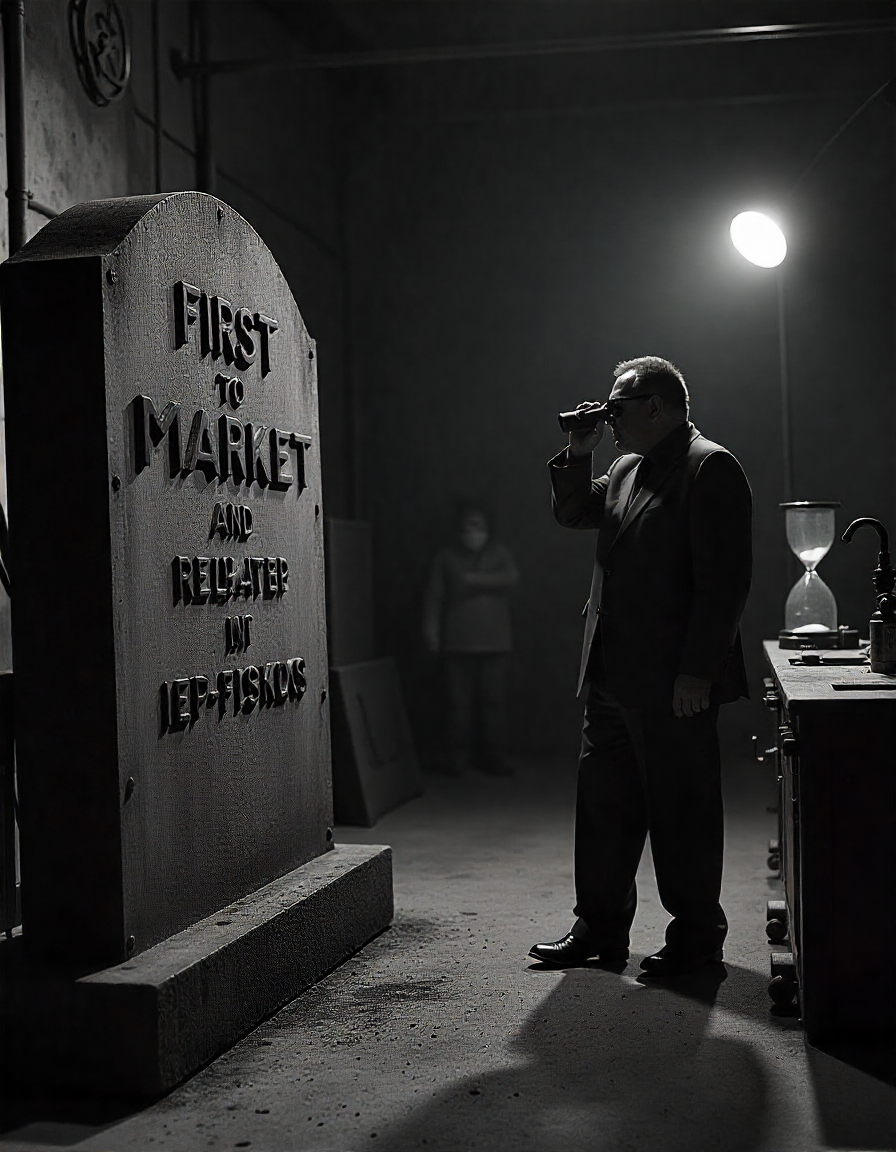
The business world is littered with good ideas that went nowhere and mediocre ideas that became empires. What truly makes the difference isn’t what they teach in MBA programs – it’s the gritty, often uncomfortable truths that successful operators learn through hard experience.
The Counterintuitive Truth About First Movers
Conventional wisdom says “first mover advantage” is golden. The reality? First movers often become cautionary tales.
Why Being First Can Be a Curse:
-
You educate the market at your own expense
-
Competitors learn from your mistakes
-
Technology often isn’t ready (see: Webvan vs. Instacart)
The Smarter Play:
Let pioneers clear the brush while you watch closely. Enter when:
-
Customer demand is proven but underserved
-
Technology has matured
-
You can differentiate on execution
Example: Facebook wasn’t the first social network. Google wasn’t the first search engine. They studied what worked (and didn’t) before dominating.
The Hidden Power of Strategic Incompetence
Trying to be great at everything spreads you thin. The most successful businesses deliberately choose what not to do.
Where to Be “Bad” On Purpose:
-
Customer segments you won’t serve
-
Features you refuse to build
-
Markets you intentionally ignore
Case Study: Southwest Airlines became profitable by:
-
Flying only one airplane model (reduced maintenance costs)
-
Avoiding hubs and international routes
-
Offering no business class
Their “limitations” became competitive advantages.
Why Your Best Customers Are Your Worst Enemies
That 20% of customers who generate 80% of your revenue? They’re probably holding you back.
The High-Maintenance Client Trap:
-
They demand custom solutions that don’t scale
-
They condition you to depend on their business
-
They prevent you from serving better customers
The Fix:
-
Identify your unprofitable “best” customers
-
Raise prices until they either become profitable or leave
-
Use the freed-up capacity to attract better fits
Real World Example: A consulting firm fired their largest (but most demanding) client. Within a year, they replaced the revenue with higher-margin work and happier employees.
The Dark Side of Company Culture
“Great culture” has become a meaningless buzzword. What actually matters is how decisions get made when no one’s watching.
Toxic Culture Warning Signs:
-
People agree in meetings but resist in private
-
Bad behavior gets excused for top performers
-
Employees care more about optics than results
Building Real Culture:
-
Reward dissent that improves outcomes
-
Make values behavior-specific (not vague “integrity” statements)
-
Protect whistleblowers, not yes-men
Example: Bridgewater Associates’ radical transparency approach includes recording all meetings – uncomfortable but effective.
The Cash Flow Illusion
Revenue is vanity. Profit is sanity. Cash is reality.
Why Growing Businesses Run Out of Money:
-
They confuse bookings with collections
-
They scale fixed costs too fast
-
They ignore working capital cycles
Cash Survival Tactics:
-
Get deposits upfront (always)
-
Negotiate longer payables, shorter receivables
-
Maintain “war chest” reserves (6+ months)
Case in Point: Tesla nearly went bankrupt during Model 3 production despite billions in revenue. They survived by obsessive cash management.
The Marketing Truth Nobody Wants to Hear
Most marketing fails because it’s designed to impress the CEO, not convert customers.
Effective Marketing Checklist:
-
Leads with customer pain points (not product features)
-
Provides immediate value before asking for anything
-
Makes the next step stupidly obvious
What Actually Works:
-
Educational content that builds trust
-
Clear offers with strong calls-to-action
-
Systems that nurture leads (not one-off campaigns)
Example: HubSpot grew to $1B+ by giving away free tools and training first, selling software later.
The Final Lesson: Business as a Martial Art
Real business mastery comes from:
-
Seeing what others miss
-
Having the discipline to say no
-
Turning apparent weaknesses into strengths
-
Managing the boring stuff (cash, culture, systems)
The companies that last aren’t the ones with the most hype – they’re the ones that understand these unspoken rules and have the courage to follow them.

 12 August 2025
12 August 2025 Share
Share